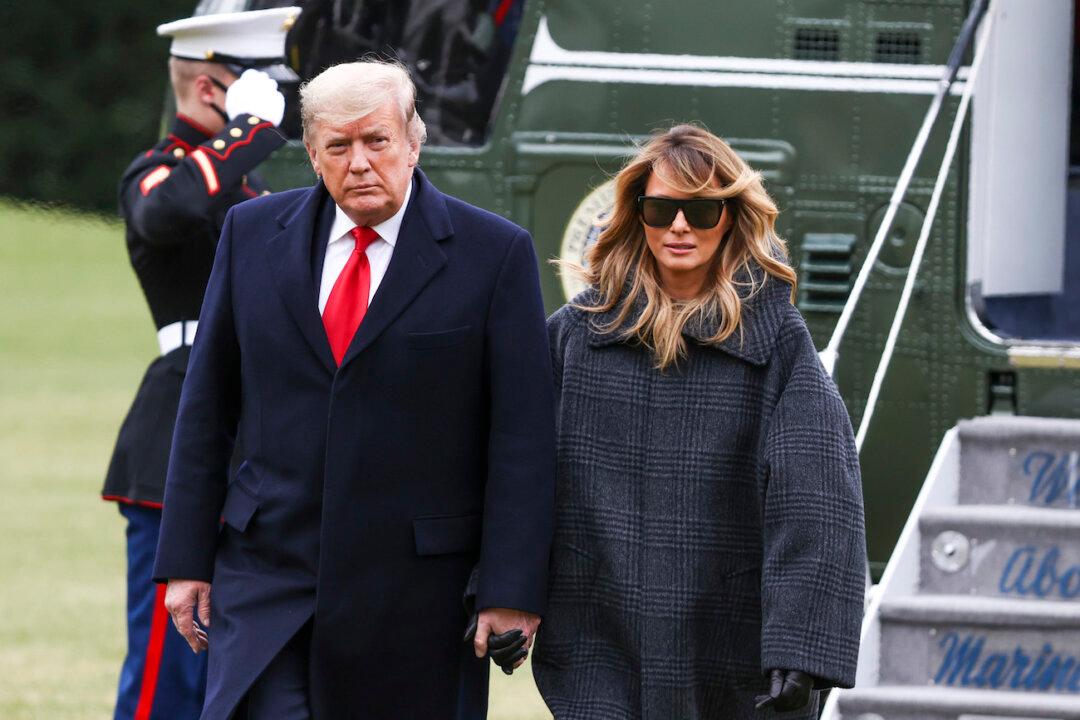Rep. Mo Brooks (R-Ala.) said President Donald Trump and House Republicans held a call to discuss their objection to the Electoral College vote during the Jan. 6 Joint Session of Congress, suggesting their fight is gaining steam.
Brooks said that at least 50 lawmakers, including Rep. Jim Jordan (R-Ohio), White House chief of staff Mark Meadows, and Trump himself were present during the meeting. He did not say what other House lawmakers were on the call.





